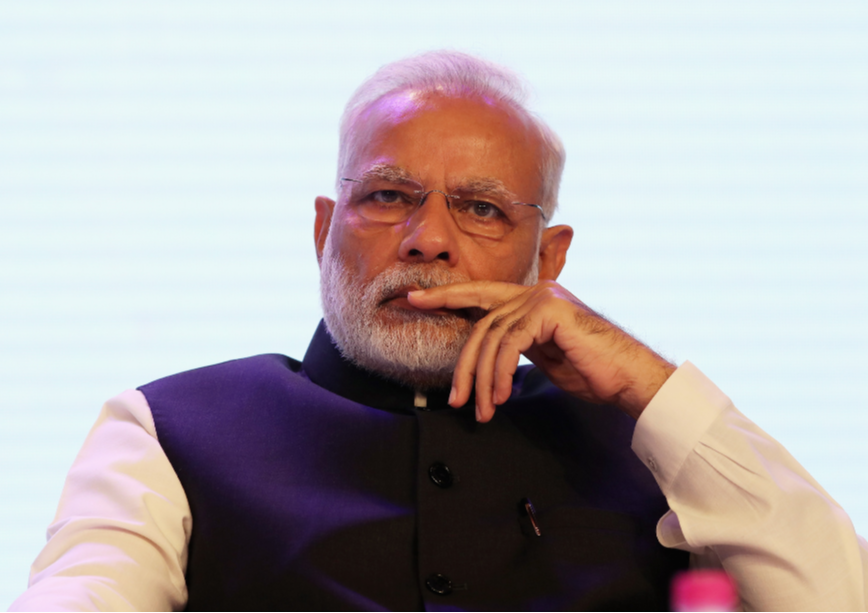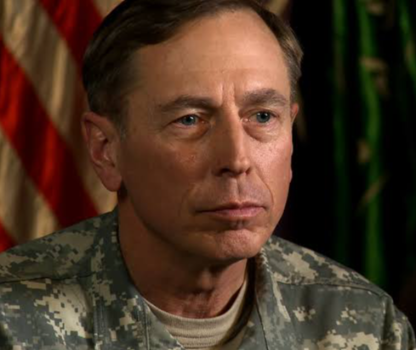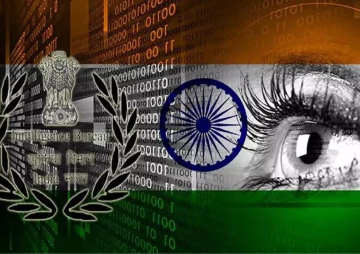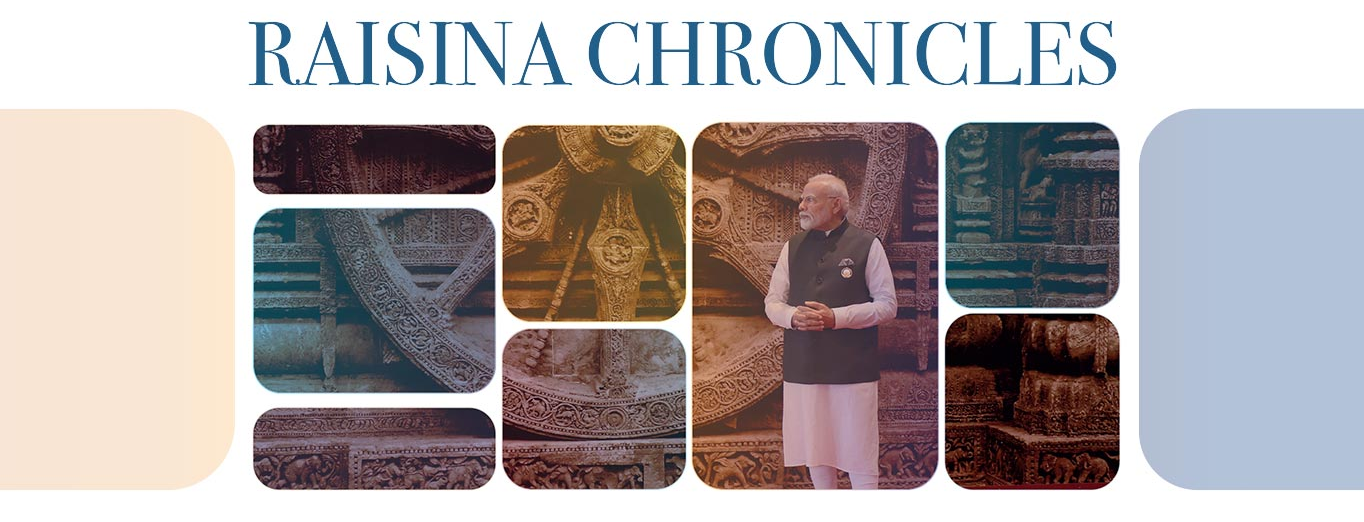
This article is a part of the series - Raisina Chronicles 2024
The Raisina Dialogue has emerged as a metaphor for India’s rise. Drawing its name from the high ground in New Delhi on which the seat of the Indian government is located, the annual gathering has grown dramatically in size and significance over the past eight years, just as India itself has over that same period.
The Raisina Dialogue has emerged as a metaphor for India’s rise. Drawing its name from the high ground in New Delhi on which the seat of the Indian government is located, the annual gathering has grown dramatically in size and significance over the past eight years, just as India itself has over that same period.
Having participated in Raisina in person over a number of years, as well as virtually during the COVID-19 pandemic, I have been privileged to watch it—and India—evolve during that period. Starting from the Dialogue’s inception in 2016 with a regional focus, barely 100 speakers, and some 600 attendees, the gathering has grown in recent years to attract more than 2,600 attendees and speakers from 100 countries. In so doing, it has become a magnet for policymakers, business leaders, scholars, military commanders, and students from all over the world. During that same time, India has seen similar growth and achieved greater global prominence as well.
Raisina has thus mirrored—and promoted and benefitted from— India’s evolution on the world stage from self-described “diffidence” to “confidence”. That is, in fact, the way Indian leaders explain the country’s shift from deference on various global issues to increasing assertiveness on them. To be sure, this has been accompanied by recognition that India needs to avoid “over-confidence” even as it has become the fastest-growing large economy in the world, surpassed China as the largest country in the world, surpassed the UK to become the fifth-largest economy in the world, become increasingly significant diplomatically, and, in 2023 alone, hosted the G20, the Trilateral Commission, and the ICC Cricket World Cup.
Raisina has thus mirrored—and promoted and benefitted from— India’s evolution on the world stage from self-described “diffidence” to “confidence”.
These are, in short, heady times in India, and rightly so. And the rise of the Raisina Dialogue has accompanied India’s dramatic increase in global importance. Indeed, again, the development of each has reinforced that of the other. As India has demonstrated increased leadership and influence in the world, the Raisina Dialogue has taken on ever greater prominence as well.
In its 2023 edition, Raisina provided a particularly striking reflection of India’s vastly more prominent place in the world, offering further evidence that “India has arrived” on the world stage in a way not seen before. Indeed, that assessment featured prominently in news accounts of the 2023 gathering, most notably with photos of the panel of foreign ministers of the countries that comprise the Quad (the US, Japan, Australia, and India). They were joined at Raisina by numerous other serving and former heads of government, foreign ministers, military commanders, scholars, intelligence leaders, and media personalities from all over the world who populated the 100 panels on the myriad subjects that were discussed.
Needless to say, India’s occasionally unique—and some might say a bit ambiguous—role in the world has also featured on the stage at Raisina. In 2016, for example, in response to a suggestion I made to then Foreign Secretary S. Jaishankar that it was time for India to choose a side in the world, he replied, “We have chosen. We have taken India’s side.” This captured the emerging reality succinctly and forthrightly, and, not surprisingly, it continues to explain India’s stance on issues as Jaishankar now serves as India’s Minister of External Affairs, and appears each year to address the Raisina Dialogue.
India’s occasionally unique—and some might say a bit ambiguous—role in the world has also featured on the stage at Raisina.
This reality has meant that even as India has embraced more fully its membership in the Quad, celebrated increased American investment in India, enjoyed record trade with the US, and broadly embraced democratic values and the rule of law, it has also kept a foot in the BRICS, bought increasing amounts of oil (albeit at a discount) from Russia despite Russia’s invasion of Ukraine, and increasingly sought to include and represent the Global South in various multilateral fora. All of this has been on display and discussed at Raisina. And it is these dynamics that are shaping India’s new identity in the world, with some elements that are applauded vigorously by the US and the West, and others that are embraced by the BRICS and the ‘rest’, with India seeking to ensure that the voices of the Global South and the dynamic described as the ‘rise of the rest’ are not lost on the leaders of the ‘West’.
This reality has meant that even as India has embraced more fully its membership in the Quad, celebrated increased American investment in India, enjoyed record trade with the US, and broadly embraced democratic values and the rule of law, it has also kept a foot in the BRICS, bought increasing amounts of oil (albeit at a discount) from Russia despite Russia’s invasion of Ukraine, and increasingly sought to include and represent the Global South in various multilateral fora. All of this has been on display and discussed at Raisina. And it is these dynamics that are shaping India’s new identity in the world, with some elements that are applauded vigorously by the US and the West, and others that are embraced by the BRICS and the ‘rest’, with India seeking to ensure that the voices of the Global South and the dynamic described as the ‘rise of the rest’ are not lost on the leaders of the ‘West’.
In sum, the rise of the Raisina Dialogue, now rivaling the Munich Security Forum and the Shangri-La Dialogue as a ‘must do’ gathering, has both presaged and mirrored India’s growth in prominence. Raisina has also benefitted from India’s continued rise and, in various respects, contributed to it as well. Beyond that, it has helped capture and reflect the unique place in the world that India has been carving for itself. In so doing, Raisina has become a truly stimulating, informative, enjoyable, and consequential gathering, and I look forward to returning to it for many years to come.
Please read the full volume here.
The views expressed above belong to the author(s). ORF research and analyses now available on Telegram! Click here to access our curated content — blogs, longforms and interviews.




 PREV
PREV



